Do you know what your bunny should eat? Can fruit be a part of their diet? Bunnies eat mostly plants, but they shouldn’t eat a lot of fruit. Fruit should make up only about two percent of a rabbit’s diet. Most of their food should be grasshays, leafy greens, and rabbit pellets.
You can give fruit to your bunny as a treat, but only in small amounts and one type at a time. If you want to try giving them more or different fruits, go slow and watch how they react. If your rabbit starts eating less, seems less active, has runny stools, or acts differently, stop the fruit and talk to your vet.
But before getting into it, check out which fruits are safe for guinea pigs.
Can Bunnies Eat Squash?
Yes, rabbits can have both squash and zucchini. You can give them these veggies quite often, but only use the ones that are good enough for you to eat. Don’t feed them decorative squash or anything you wouldn’t eat yourself.
These vegetables are a nice addition to a rabbit’s main diet of fresh hay. However, they ought not to be the only thing a bunny eats or takes up a big part of their diet. It’s best to offer them as treats and always make sure there’s plenty of fresh hay available.
Health Benefits

Squash is a healthy treat for bunnies because it’s packed with vitamins like A and C, which help keep their eyes, skin, and immune system in good shape. It’s also calorie-free, so it’s a good choice for maintaining a healthy weight.
Also, squash provides fiber, which is essential for a rabbit’s digestion. This helps prevent issues like constipation and keeps their gut moving. The water content in squash is high, helping to keep your bunny hydrated, especially during warmer weather.
Plus, chewing on the firm flesh of squash can help keep a rabbit’s ever-growing teeth worn down. While squash is beneficial, it should only be a small part of a rabbit’s diet alongside plenty of hay and other greens.
Can Bunnies Eat Grapes?
Grapes aren’t harmful to rabbits, and you can give them to your rabbit now and then. Dr. Burch mentioned to The Dodo that grapes have fiber, B vitamins, and vitamin K, which can all be good for rabbits. The fiber and water in grapes help keep a rabbit’s digestion running smoothly, and the antioxidants in grapes support their immune system. It’s also safe to give your rabbit grape leaves and stems.
However, young bunnies, or baby rabbits, should not eat grapes because they are still adjusting to their regular diet of pellets and hay.
Explore: What Fruits Can Goats Eat: The Safe Options And Their Essential Health Benefits
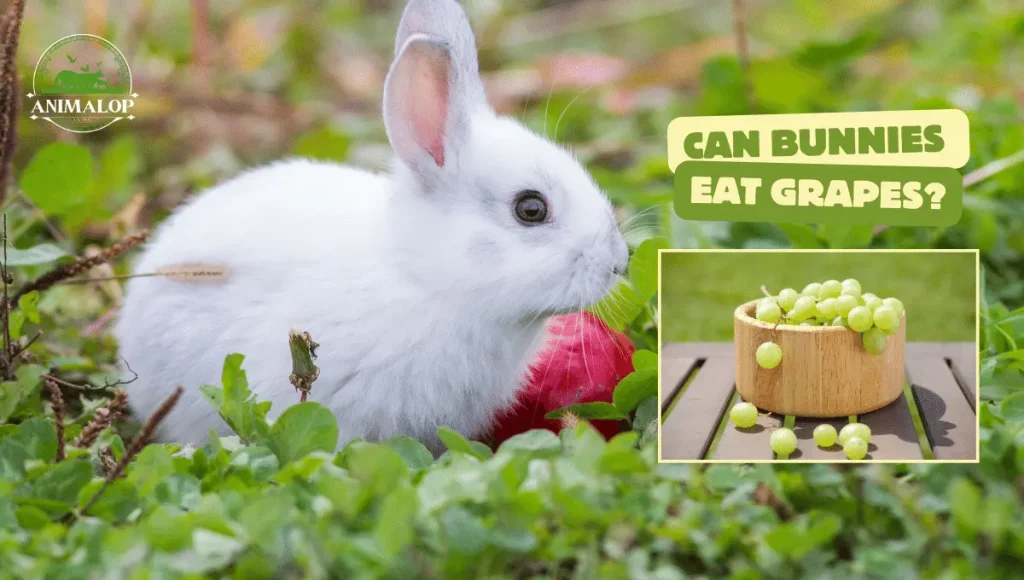
Health Benefits
Grapes are a type of fruit known as berries. To be classified as a berry, a fruit must have two or more seeds and three distinct layers, and come from a flower with one ovary, without a hardcore like a pit.
Grapes meet all these criteria. While some fruits with “berry” in their name aren’t technically berries, like strawberries and blackberries, grapes, along with bananas and watermelons, are true berries.
Can Bunnies Eat Strawberries?
Rabbits can eat strawberries, but only in small amounts and not too often. You should cut them up into pieces so they could enjoy them more. Give your rabbit no more than two tablespoons of chopped strawberries at a time, about the size of your thumb. One medium-sized strawberry is usually enough. It’s important to stick to this amount to avoid any health issues for your bunny.
Strawberries aren’t harmful to rabbits, and most rabbits can digest them without problems. Even the plants are safe for them. However, eating too many strawberries or giving them too often can lead to digestive or weight issues because of the sugar content.
Health Benefits
Regarding health benefits, strawberries are about 90% water, which can help keep your rabbit hydrated.
However, because they’re high in sugar, there are better options for cooling down your rabbit on a hot day, like a small piece of cucumber. Strawberries are also rich in vitamin C, but unlike humans, rabbits produce their own vitamin C from glucose, so they don’t need as much from their food.
Can Bunnies Eat Apple?
Rabbits can eat apples, including the skin, but only a little at a time. You are supposed to only give your rabbit one or two slices of apple in a week. Apples have lots of good stuff like antioxidants and fiber, but they’re also high in sugar, which can lead to tooth problems and make your rabbit overweight.
Make sure to take out the apple seeds before feeding them to your bunny, as the seeds have harmful substances. The leaves, twigs, and branches of apple trees are safe for rabbits to eat.
You can feed your rabbit any type of apple, like Fuji, Red Delicious, Gala, and others. Some rabbits might not like green apples because they taste sour. Remember, apples should just be a treat.
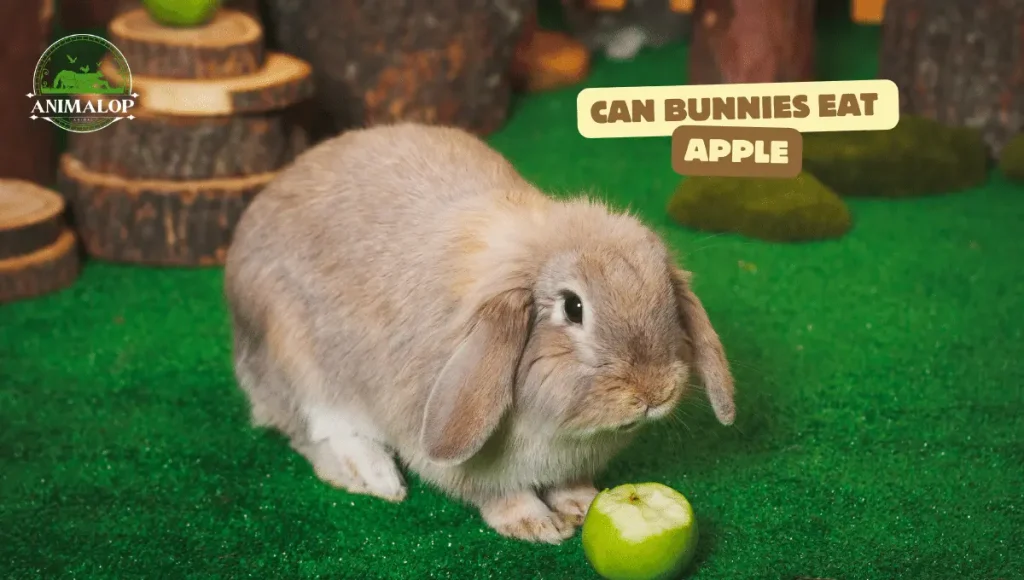
Never give a whole apple to your rabbit. Fruit should be less than 10% of what your rabbit eats. That means only 1-2 tablespoons of fruit a day, and for apples, just 1-2 slices a week.
Related: What Fruits Can Hamsters Eat: Are They Safe For Them?
Health Benefits
Apples are good for your rabbit because they have fiber and antioxidants, which are great for their digestion and overall health.
The skin of the apple has most of the fiber and antioxidants. Apples also have important nutrients like B vitamins, which help with nerve and blood cell health, and minerals like calcium and potassium, which are good for their bones and growth.
Can Bunnies Eat Celery
Bunnies can eat celery, and it’s actually really useful for them. The nutrient-rich celery is a member of the carrot family. It has a lot of fiber, which is great for a rabbit’s digestion, and it helps keep their teeth in good shape because they have to chew it a lot. Celery is also full of important vitamins and minerals like calcium, vitamin A, vitamin K, and potassium, among others.
A veterinarian at Pure Paws Veterinary Care, Dr. Alex Schechter says that celery leaves are also great for your bunny’s diet.
Health Benefits
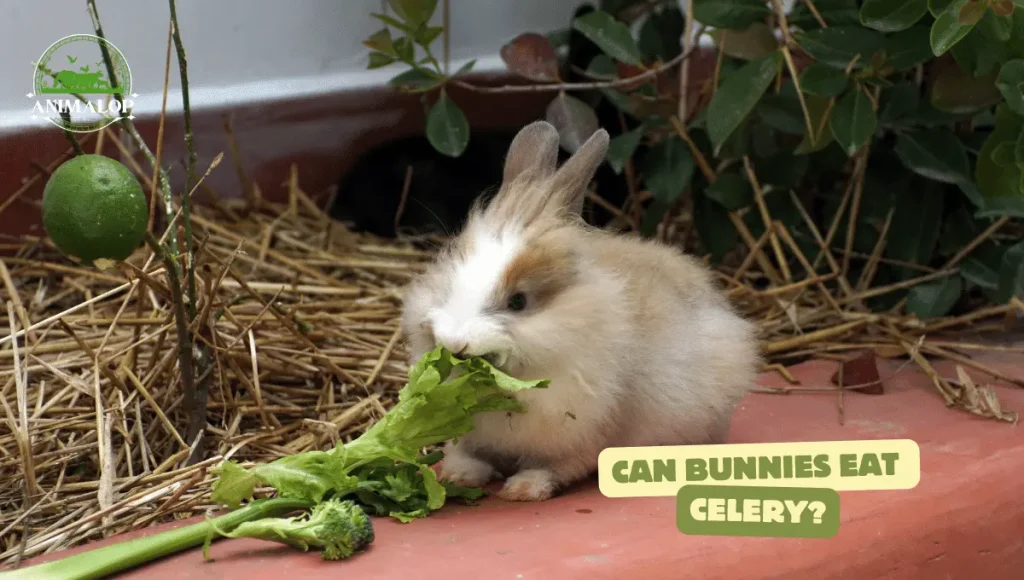
Celery is low in calories, which is good news if you have an overweight rabbit, it won’t make them gain extra weight like some sweeter treats might. Despite being low in calories, celery isn’t short on nutrients. It has a bunch of good stuff in it that helps keep your rabbit healthy.
Celery also has a high water content. If your rabbit doesn’t drink a lot of water, eating celery can help keep them hydrated. On hot days, cool celery from the fridge can help your bunny stay cool.
Do you know about Red Fox Lab Retrievers
FAQs
Final Thoughts
The rabbits in my care enjoy a combination of vegetables and fruits, but moderation is key. I always make sure that these treats do not exceed 10% of their diet to avoid health issues. Fresh hay remains the mainstay of their diet, ensuring they get the fiber they need.
It’s rewarding to see them healthy and happy with these occasional treats.

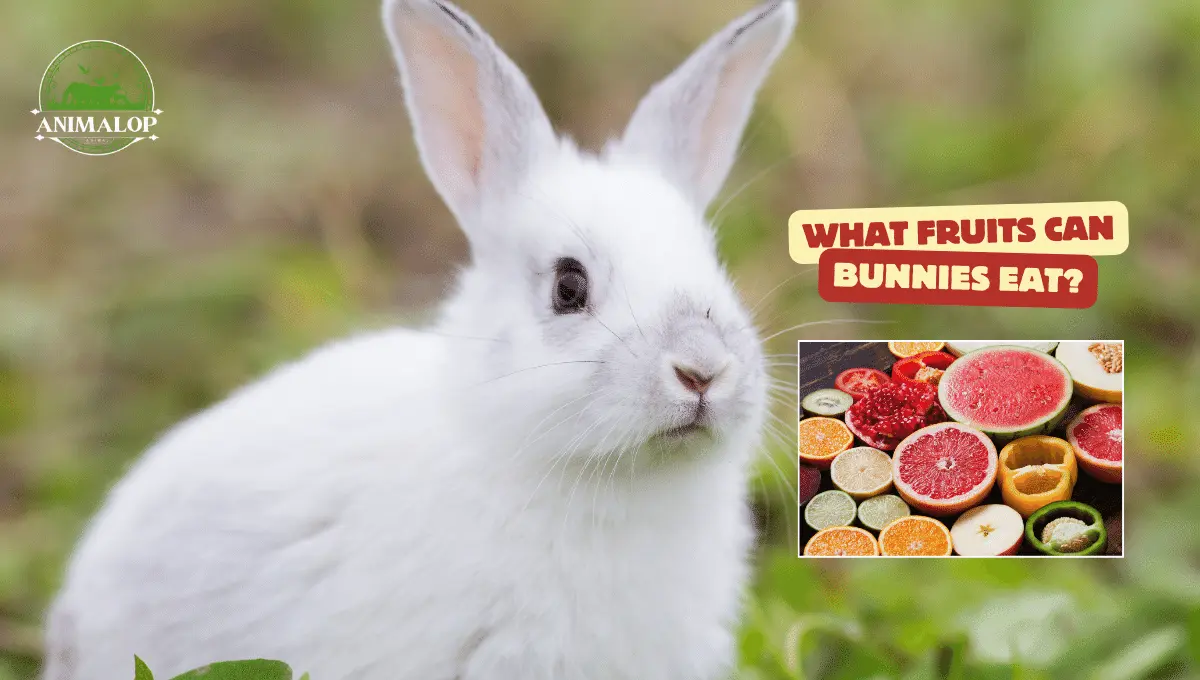
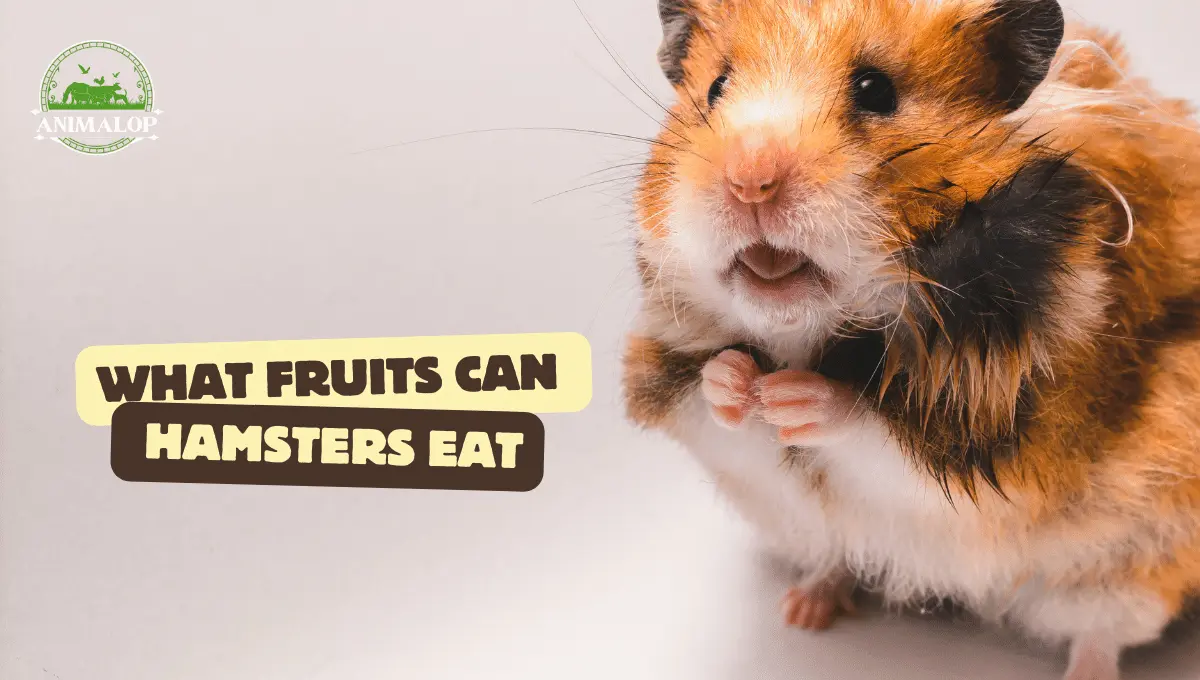
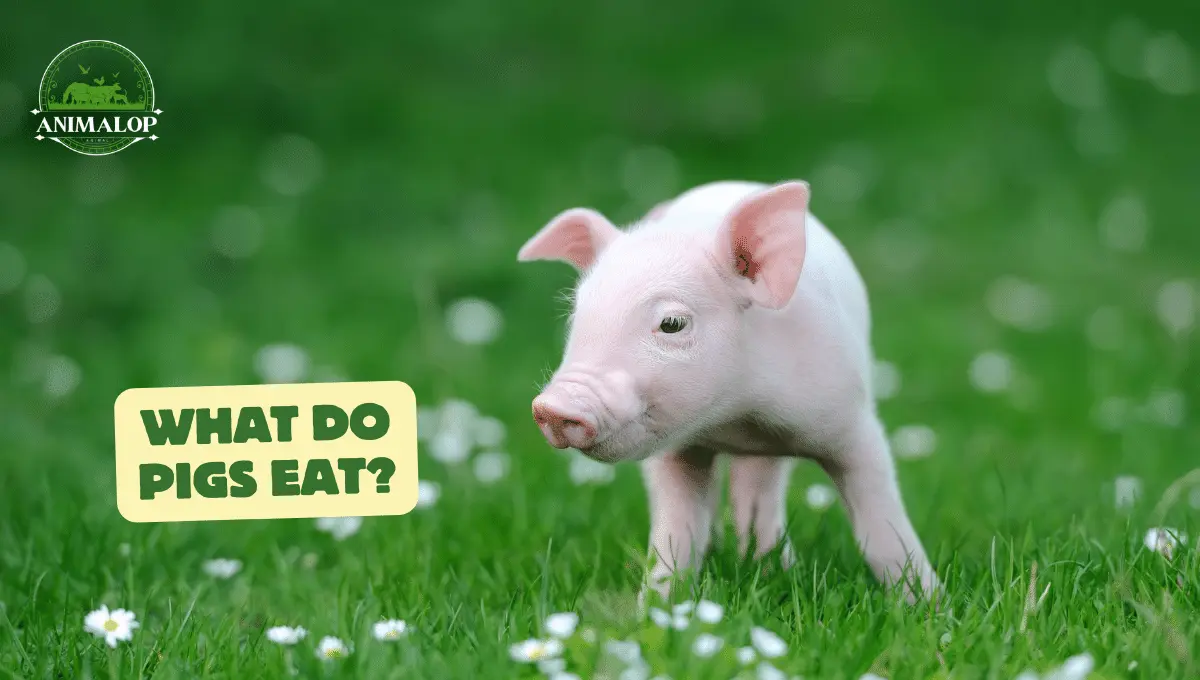
One Comment on “What Fruits Can Bunnies Eat? The Detailed Guide And Health Benefits”